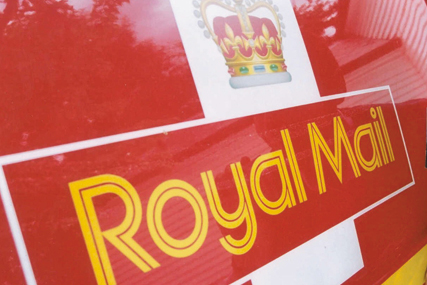
The agreement gives postmen a 6.9% increase in basic pay over three years and reduces the working week by one hour, to 39 hours.
It also removes restrictions on the amount of unaddressed mail Royal Mail workers deliver: the current ceiling is three items per household per week, and outlines a commercial opportunity for Saturday delivery.
Royal Mail has about a quarter of the unaddressed mail market, with TNT Post possessing a similar share, and the rest made of several local and regional players.
The agreement is subject to a ballot of the CWU membership, but was praised by CWU deputy general secretary Dave Ward as "a positive outcome".
It came out of three months of discussions after widespread disruption caused by national postal strikes in the second half of 2009.
The agreement is "fabulous news" for Britain's businesses, according to Robert Keitch, the DMA's chief of membership and brand.
But Keitch went on to say that Royal Mail would to work hard over the next few years to win back direct mail customers and he doubted there would be a flood of unaddressed mail business headed its way.
However, he added: "It will give Royal Mail the opportunity to present a raft of different products, with the security of having a consistent and sustained service."




.jpg)
.jpeg)
